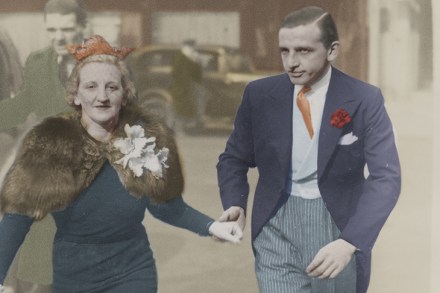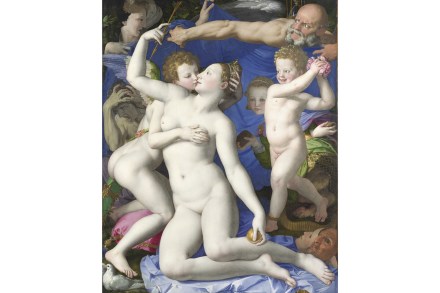Lambs to the slaughter: the fiasco of the Dieppe Raid, August 1942
More from BooksIn carefree days which now seem so distant we used occasionally to take the Newhaven-Dieppe ferry. Docking after a long lunch, I would try to imagine the port during the infamous Dieppe Raid of August 1942. It is so clearly a natural defensive position that I could never work out how they expected to take






























